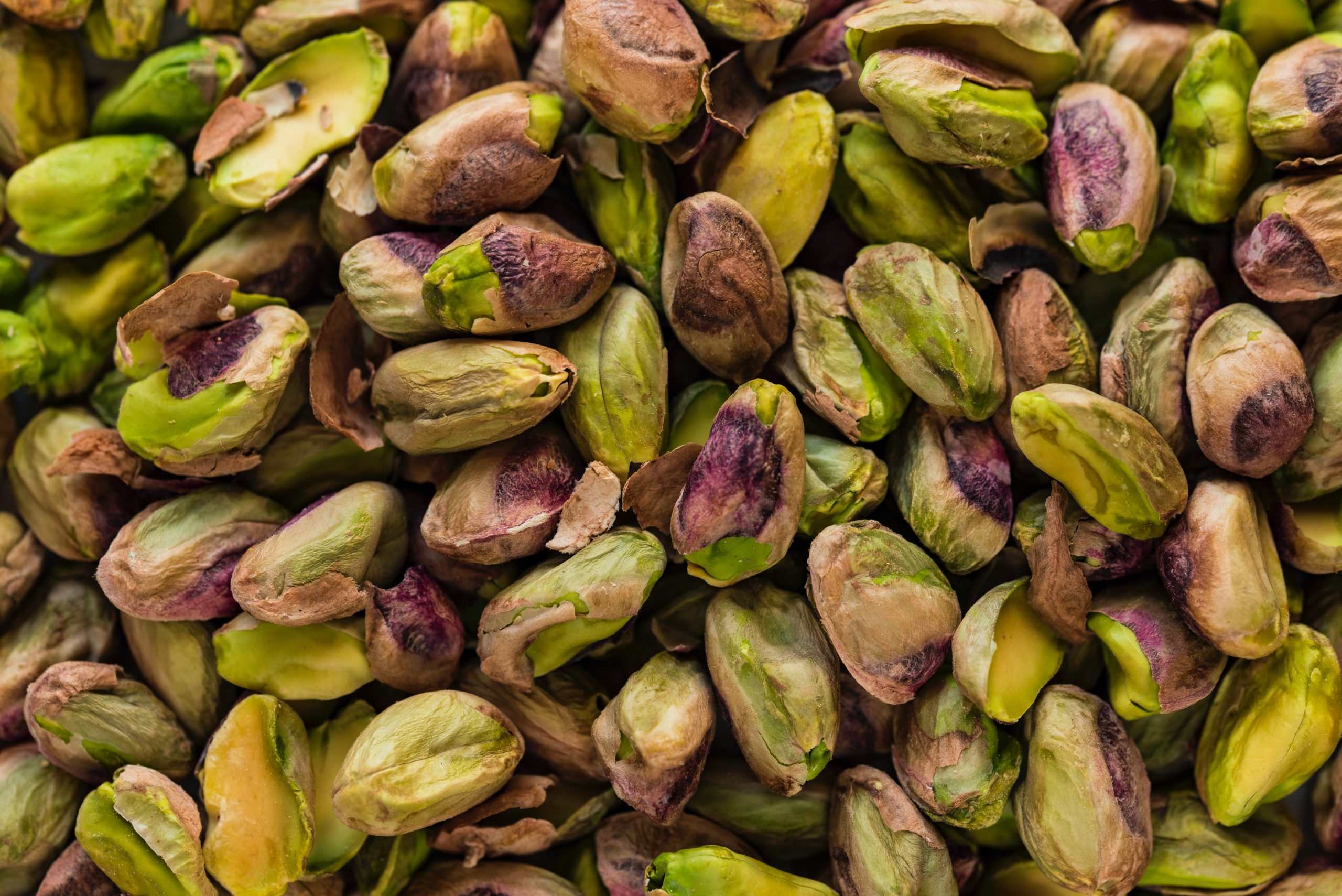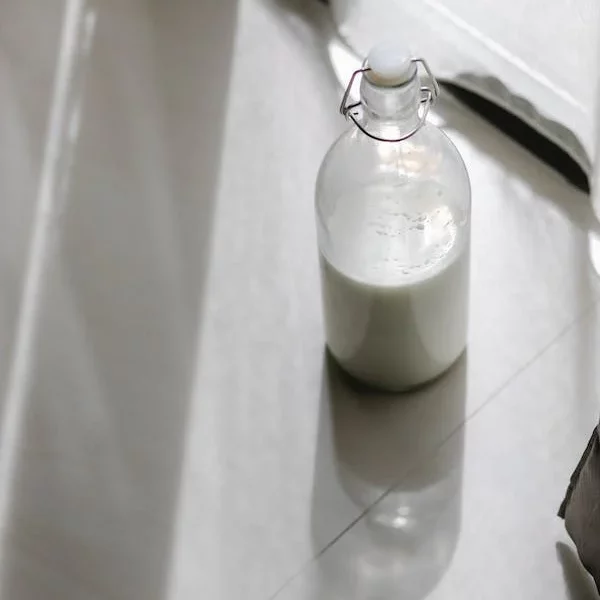What happens if you eat too many pistachios?
If you eat too many pistachios, you may experience the following:
- Weight gain: Pistachios are high in calories and fat, so eating too many can lead to weight gain.
- Digestive issues: Eating a large amount of pistachios can cause bloating, gas, and diarrhea.
- Interaction with medications: Pistachios contain tyramine, an amino acid that can interact with certain medications, such as monoamine oxidase inhibitors (MAOIs), used to treat depression and Parkinson’s disease.
- Allergic reactions: Some people may be allergic to pistachios, which can cause symptoms such as itching, swelling, and difficulty breathing.
It’s important to eat pistachios in moderation as part of a balanced diet. If you experience any symptoms after eating pistachios, it’s best to seek medical attention.
What are the major side effects of Pistachios?
Pistachios are generally considered safe for most people to consume. However, some people may experience side effects, such as:
Allergic reactions
Some people may be allergic to pistachios, which can cause symptoms such as itching, swelling, and difficulty breathing.
Digestive issues
Eating large amounts of pistachios can cause digestive problems, such as bloating, gas, and diarrhea.
Interaction with medications
Pistachios contain tyramine, an amino acid that can interact with certain medications, such as monoamine oxidase inhibitors (MAOIs), used to treat depression and Parkinson’s disease.
Weight gain
Pistachios are high in calories and fat, so eating too many can lead to weight gain.
It’s important to eat pistachios in moderation and to be aware of any potential side effects. If you experience any symptoms after eating pistachios, it’s best to seek medical attention.
Can you eat too many pistachios?
Yes, it’s possible to eat too many pistachios. Although pistachios are a healthy snack, they are high in calories and fat, so eating a large amount can lead to weight gain. Additionally, consuming a large amount of pistachios can cause digestive issues such as bloating, gas, and diarrhea. It’s best to eat pistachios in moderation as part of a balanced diet. Aim for 1 to 2 ounces of pistachios per day, which is approximately 49 to 98 nuts.
Does pistachios make you poop?
Eating pistachios can have a mild laxative effect in some people, leading to an increase in bowel movements. This is due to the high fiber content in pistachios, which helps regulate digestion and prevent constipation. However, this effect can vary from person to person and may not be the same for everyone. If you eat a large amount of pistachios and experience digestive discomfort, it’s best to talk to a doctor.
Does pistachio cause constipation?
Eating pistachios in moderation can actually help prevent constipation, due to their high fiber content. Fiber helps regulate digestion and keep the digestive system functioning properly. However, eating a large amount of pistachios can cause digestive discomfort and potentially lead to diarrhea, not constipation. It’s important to eat pistachios in moderation as part of a balanced diet. If you experience any digestive issues after eating pistachios, it’s best to talk to a doctor.
Pistachio benefits for men
Pistachios offer several health benefits for men
- Heart health: Pistachios are a good source of unsaturated fatty acids, which can help reduce the risk of heart disease by improving cholesterol levels.
- Prostate health: Pistachios are rich in antioxidants, such as vitamin E and carotenoids, which may help protect the prostate and reduce the risk of prostate cancer.
- Sexual health: Pistachios contain arginine, an amino acid that is important for sexual health and can improve erectile dysfunction.
- Muscle building: Pistachios are a good source of protein, which is essential for building and maintaining muscle mass.
- Stress relief: Pistachios are a good source of magnesium, which is important for reducing stress and improving mental health.
It’s important to note that pistachios should be consumed in moderation as part of a balanced diet for optimal health benefits. If you have any concerns, it’s best to talk to a doctor or a registered dietitian.
Also Read: All you need to know about Artichoke Tea


